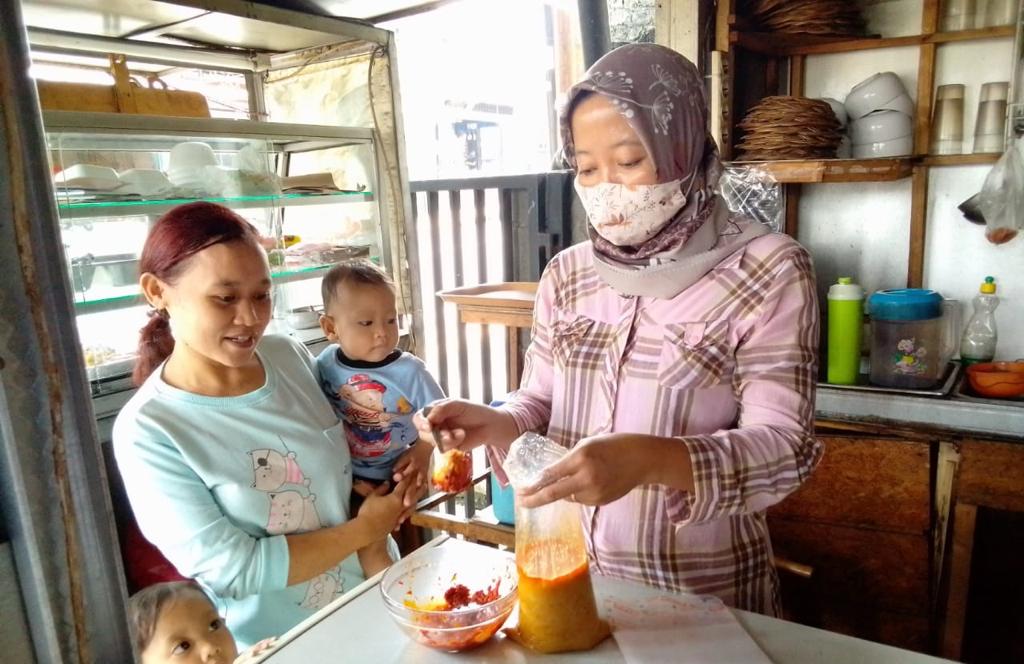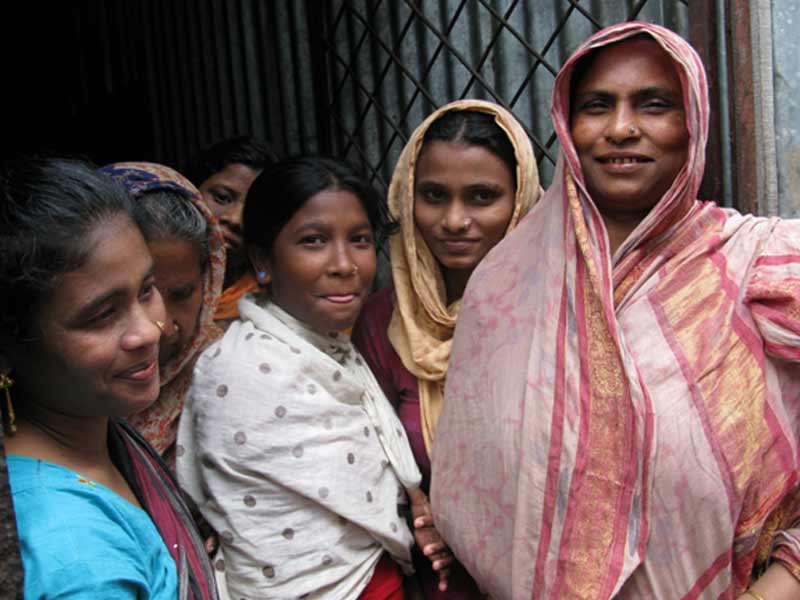What Can We Expect at the Food Systems Summit 2021?
On World Food Day in 2019, the UN
Secretary-General António Guterres came forward with a disturbing announcement – food insecurity
was out of control, with nearly 3 billion people worldwide suffering from
malnutrition, while food systems were fragile and vulnerable to collapse. And
with the looming spectre of climate change, things were set to get worse.
Yet, Guterres did not speak in fear, but
hope.
To respond to the crisis, he announced, the
UN would convene the first ever Food Systems Summit in September of
2021. It would bring together key thinkers from government, business, and
science, as well as farmers, youth groups, indigenous people, and environmental
activists, in order to discuss the food systems transformation which was so
desperately needed. It was to be, in
effect, all humanity brought together in a stand, a last stand perhaps, against
its own demise.
With the 2021 Food Systems Summit now upon
us, many are asking, what can we expect?
Read below to find out.
Food systems are key
With all the problems facing the world, why
devote such time and effort to food systems? Because, if there is one thing the
Summit is trying to get across, it is that food systems are the key to
everything, to all 17 Sustainable Development Goals for 2030, and, moreover,
the development of humanity in general.
Food systems impact human rights and gender
equality, business and economics, innovation and health. No wonder there is
such a focus on inclusivity at the Summit – if it impacts everything, you must
invite everyone.
Actions and Measurables
Inclusivity and transformation are great,
but they do not happen by accident, nor simply because we wish they would. Accordingly,
the Summit will produce tangible solutions for governments and stakeholders, as
well as follow-up and measurement tools to ensure the Summit drives action and
progress.
These solutions and tools will follow the
Summit’s five Action Tracks:
Nutritious Food – no longer can food insecurity be
seen as about only a lack of food, but it must include a lack of nutritious
food – while 800 million are
hungry, over 2 billion more suffer
other forms of malnutrition.
Sustainable Consumption and Nature-Positive Production – food systems are among those most affected by climate change, and
one of the greatest contributors to it. Because the two are “inextricably linked,” addressing
one is addressing the other.
Equitable Livelihoods – as food systems are transformed,
it must be ensured that they “leave no one behind.” Transformation
must be seen as an opportunity for equity.
Resilience to Vulnerabilities – COVID was
just the “tip of the iceberg.” More
shocks are coming, and the pandemic must be learned from in order to prepare.
An Agenda for Change
Most importantly of all, the 2021 Food
Systems Summit will put food insecurity firmly on the global political agenda. Why
food systems, the world may ask? Because food systems are everything;
they are all of us.
Make sure you tune in!



